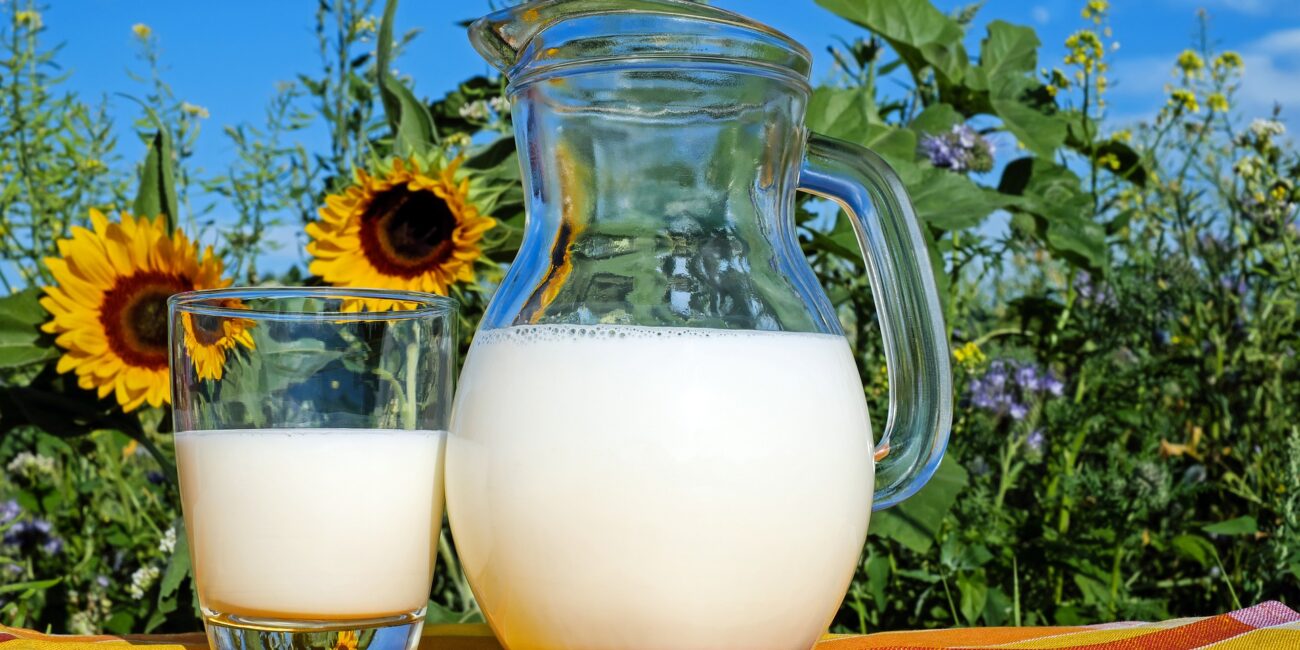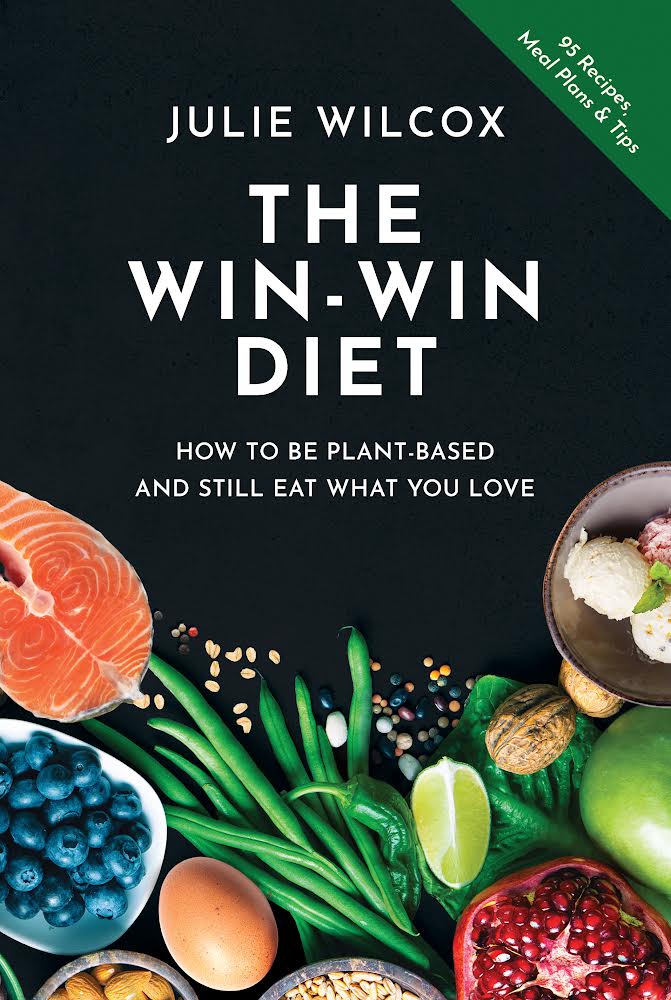Many of us wonder whether dairy can find its place in a wellness-focused, plant-based diet. The answer is, it can! Let’s take a look at the pros and cons of dairy:
The Pros of Dairy
Dairy is full of nutrients including vitamin B12, vitamin D, calcium, and high-quality protein among others. Moreover, numerous studies show that dairy is associated with fewer incidences of type-2 diabetes, certain types of cancer (colorectal, bladder, breast), childhood obesity, and cardiac events such as strokes. Perhaps most surprising is that dairy can even promote weight loss because milk proteins like whey contain branched-chain amino acids, which assist with muscle protein synthesis while reducing fat mass. Lastly, fermented dairy contains probiotics, which can bolster the gut microbiome and reduce inflammation.
The Cons of Dairy
Because conventionally raised cows are injected with hormones and antibiotics, dairy can be inflammatory, too, particularly with milk (evidence is not as clear with cheese and yogurt). The hormones can cause inflammation in the body, which can clog your pores leading to acne (acne can also be caused by other aspects of diet and genetics). Dairy also contains a lot of saturated fat so whereas a dairy food itself might not be inflammatory, eating too much of it can result in excess saturated fat, which can be a contributor to systemic inflammation, which has been linked to some cancers, such as prostate. Finally, sixty-five percent of the world’s population is lactose intolerant, and some people are allergic to milk proteins. (Allergies are considered a type of inflammation.)
The Bottom Line?
Whether dairy is inflammatory depends on the individual. Consuming dairy isn’t a requirement for a healthy diet (you can get all the nutrients it provides from other foods such as dark leafy greens, soy, and legumes), but if you enjoy it and don’t have any of the above concerns, you can certainly eat it in moderation. Note that the American Heart Association recommends consuming low-fat and no-fat dairy, however, newer research suggests that whole dairy can be okay too if the rest of your diet is well balanced and healthy.




